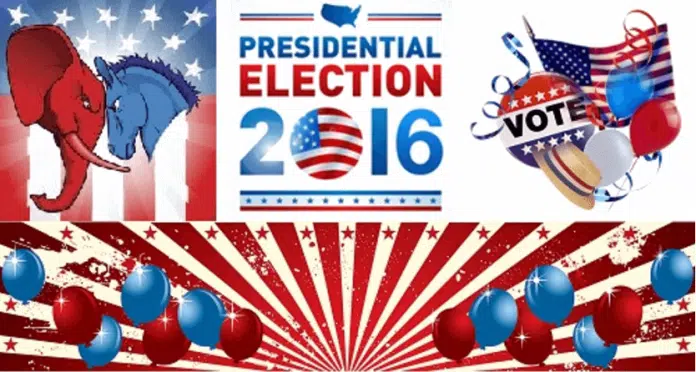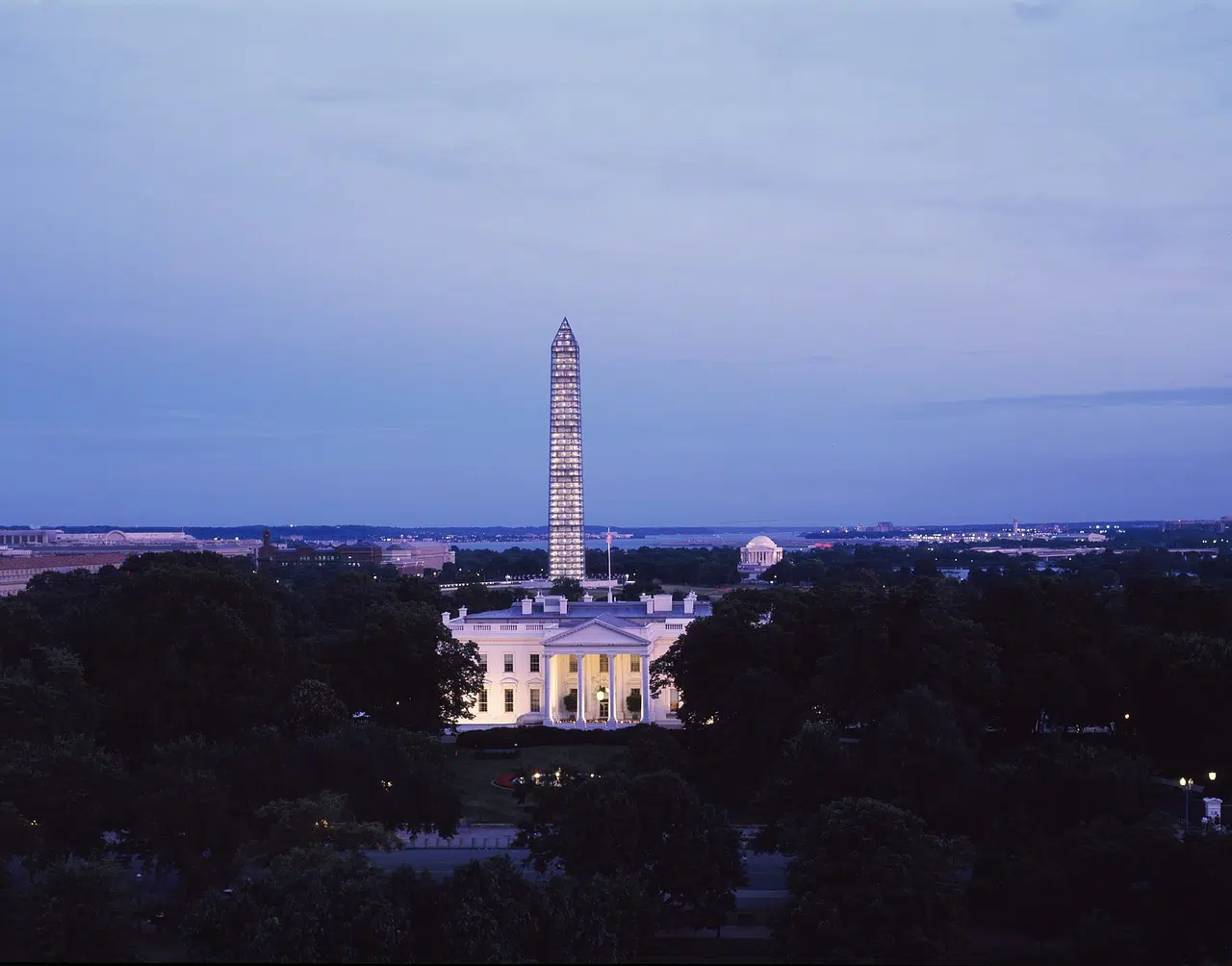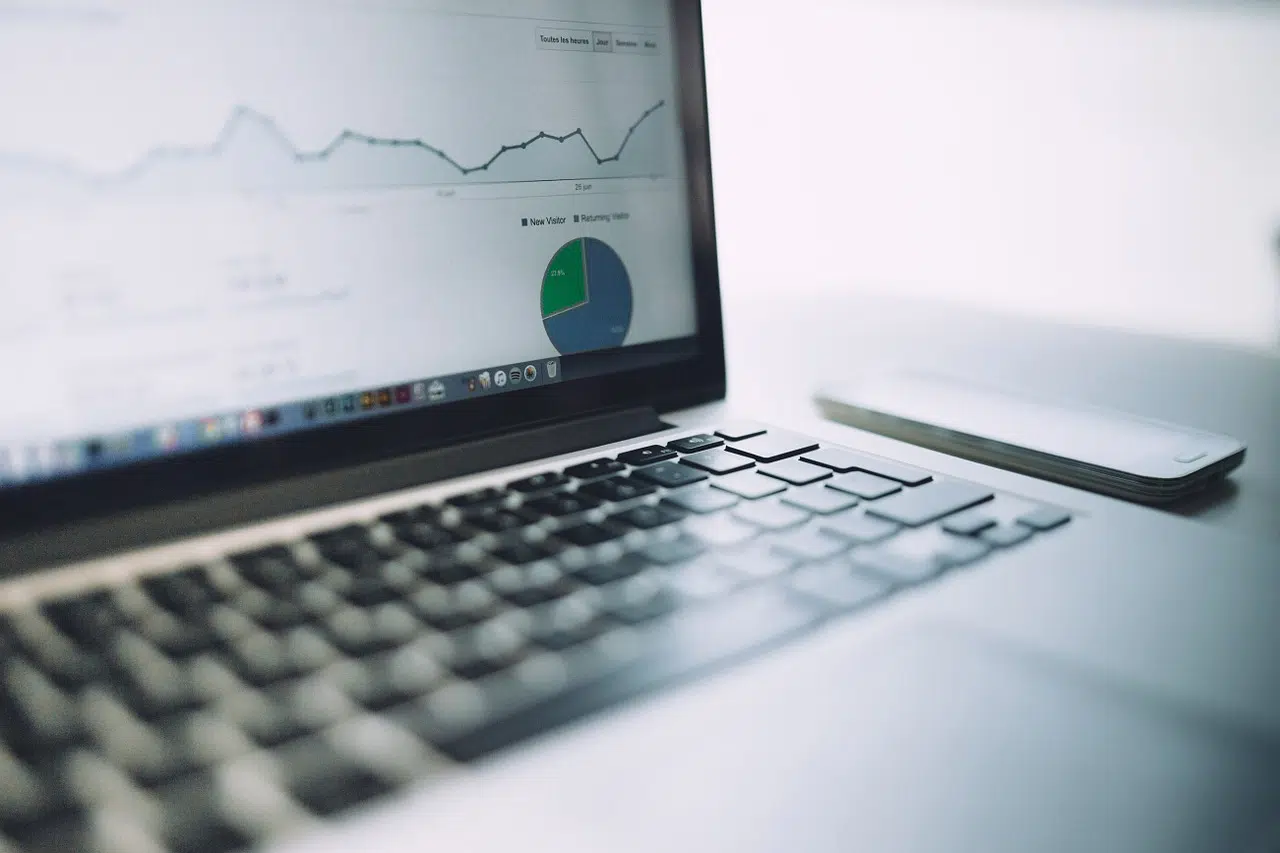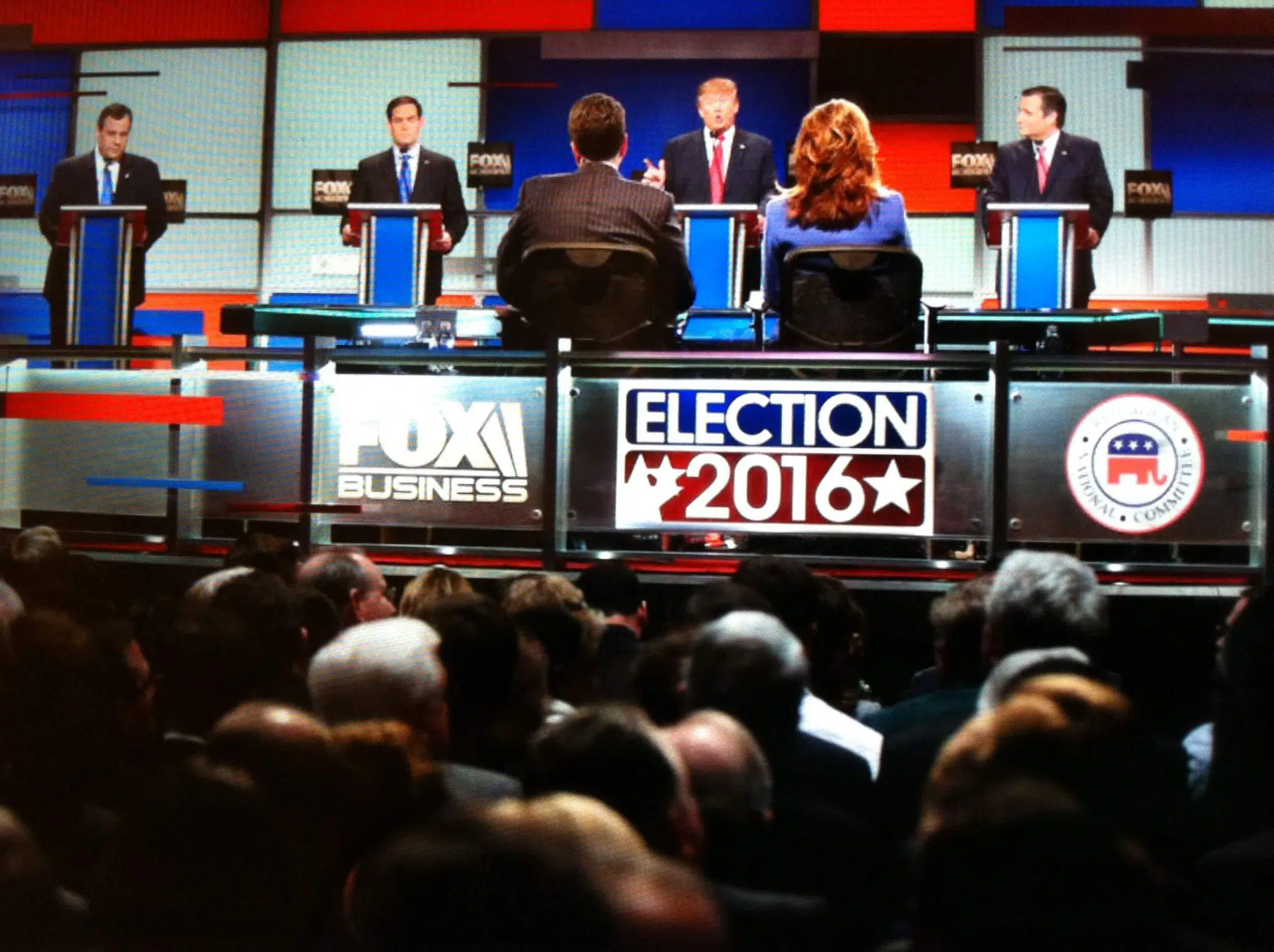Even if you pay no attention to politics, the proclamations of the pundit class are inescapable. But besides their usual predictions, pundits occasionally mention the odds on a candidate winning an election or nomination. Whether you’re intrigued by what these numbers actually meant or you’ve discounted them, there’s definitely a lot to learn about where they come from or how political betting really works.
In part, that’s because pundits greatly prefer babbling on about the latest poll to taking a hard look at how political betting markets have been shifting. It’s much easier for them to pick a poll and draw a conclusion, than to explain why they agree or disagree with the hundreds of thousands of people placing political bets.
1. “Experts” Are Actually Terrible at Political Predictions

Stephen Dubner put it well in an episode of his Freakonomics podcast on superforecasting when he said, “Experts and pundits are notoriously bad at forecasting, in part because they aren’t punished for bad predictions. Also, they tend to be deeply unscientific.” Frankly, Dubner is putting it lightly.
University of Pennsylvania professor Philip E. Tetlock performed a 20-year study looking at political predictions by people who were described as experts. Those 280 well-educated and seasoned thinkers ended up doing little better than chance. You could spend all day watching political shows, listening to people who’ve spent decades in the business, in order to make your own judgments – and still not do much better than flipping a coin.
Why is this?
As Dubner mentioned, there’s next to no recourse. If an expert is wrong 60% of the time, they don’t make less money and they aren’t likely to be publically called out by rivals. Essentially, nothing happens. Just living within this sphere of politics and predictions for so long nurtures a kind of hubris, a belief that you are an expert and your thoughts and feelings about political odds are relevant.
As Tetlock puts it, there’s “a tendency, when asked to explain one’s predictions, to generate only reasons that favor your preferred prediction and not to generate reasons opposed to it.”
But the problem is also us.
If these political predictions are so bad, why are they still repeated on TV, in blogs and in newspapers daily? Put simply, there’s a massive market demand for them. As humans, we crave insights into the future. It makes the world seem less random and chaotic. Thus, we create a market demand – without any accountability to go along with it.
There it is, a dirty secret of the world of political punditry and their predictions: experts are awful at predicting the future, and it’s largely our own fault. However, there is a whole world outside of these groups that is striving towards something better, towards truly useful predictions. One major center of that work is actually funded by the US government.
2. The US Government is Funding Major Research into Superforecasting
You’ve probably heard of DARPA, the famous Defense Advanced Research Projects Agency, which is always hard at work creating technology that seems to come straight from the pages of science fiction. A similar agency that operates under the aegis of the Director of National Intelligence is IARPA, or The Intelligence Advanced Research Projects Activity, has been working for years on perfecting the science of superforecasting.
What exactly do they mean by superforecasting? The US government employs tens of thousands of experts on various topics, but those experts are particularly important when it comes to diplomacy and national security. Having an accurate prediction of who will win an election in a foreign country or how likely it is a war will break out is massively important to allocate resources in an organization as large as the American government.
What the US and IARPA discovered was just what Tetlock found: Predictions by experts were poor not only their reliability, but also in how they were delivered. Vague estimates like “X has a fair chance of success” could be interpreted in a variety of ways. Does that mean 60% or 30%? For major political and military figures, that difference could mean life and death.
In response, they embarked on a massive project to incentivize teams to develop their own systems for making political predictions around the world. Over four years, the best teams ended up doing far better than chance (though the exact numbers are a secret). How did they manage this? What’s the secret to truly great political predictions?
3. You Don’t Need to Be Into Politics to Make Great Political Predictions
Perhaps the most interesting thing IARPA realized after conducting its massive study is that being a superforecaster had very little to do with being an expert. In fact, it was much more about attitude and perspective. Many of the best forecasters weren’t the slightest bit interested in international relations or politics, but were still capable of making outstanding predictions.
Tetlock points out in his book Superforecasters, “It’s not really who they are…It is what they do. Foresight isn’t a mysterious gift bestowed at birth. It is the product of particular ways of thinking, of gathering information, of updating beliefs. These habits of thought can be learned and cultivated by any intelligent, thoughtful, determined person.”
The secret really is about technique, and in that sense, being an outsider can be a huge advantage. It means you look at things with a different perspective and have fewer deeply-ingrained biases to overcome when trying to make accurate political predictions.
The biggest difference here, however, is incentives. The superforecasters in the IARPA study, along with anyone playing the political betting markets have strong incentives to be right. That means they course correctly, they identify their weaknesses, analyze their mistakes, and constantly improve. Looking at US politics wunderkind Nate Silver as an example, he cites the secret of his amazing success as following the laws of probability, nothing more.
That’s in large part why those who really want true insights (like the US government) don’t turn to political pundits.
4. Real Insiders Use Political Betting Markets to Get Insights
As British political journalist Michael Wilkinson pointed out in The Telegraph, “Betting can be spot-on when polling fails miserably.” The conventional wisdom of pundits too often turns into a crowd mentality driven by what’s hot in the moment and not what hard data and analysis points to (again, incentives are key).
Even major policy think tanks like the American Enterprise Institute actively extoll the wisdom of political betting markets. They cite evidence like the fact that Intrade, one of the most well-known political betting sites before it closed up shop in 2013, accurately predicted 49 out of 50 states in the 2008 presidential election. That’s not quite as good as Nate Silver, but it’s certainly better than the average pundit.
But looking at this data, it’s pretty clear why political insiders (the ones working behind the scenes in parties and campaigns, not the talking heads making the rounds on cable shows), along with the US government and Department of Defense prefer to looking at political betting markets, or at least market-style predictions for political betting. They’re simply better. So why don’t these people appear on TV more often? That’s a complicated question, but it’s likely connected with the fact that it’s difficult to spend 10 minutes on air pondering a single metric.
TV pundits have airtime to fill – real insiders have jobs to do.
5. The Political Betting Market Is Massive
Taking just one example, political betting site PredictIt has seen 37,000 members trade nearly $10 million in just its first year (October 2014-2015). But compared to what was being traded on Intrade before it was shut down by US regulators, that’s nothing. On that site alone, more than $230 million was wagered on the 2012 presidential election.
However, minus the occasional mention of “the odds” in political betting markets in an article or on a talk show, these markets are covered surprisingly lightly in the media. Chances are, you hear far more about top sports betting sites like DraftKings, not to mention the coverage that the traditional casino industry garners. Political betting markets, despite their size and importance, just don’t get mentioned as much.
Still, it should be clear by now that you shouldn’t be fooled into thinking that political betting markets aren’t important. There’s a lot of wisdom to be gained and a lot of money to be made by anyone with the right perspective and determination. That starts with understanding what’s really going on in the world of political predictions.
What We Can All Learn From Political Betting Markets
In short, don’t be fooled by the pundit class and its endless lineup of talking heads. The world of political betting is much bigger and more interesting than you probably realized, for good reason: it’s where the real players of global politics go for genuine insights. The markets, as with most markets, are concerned with results and not with posturing. You can bet on that.
What do you find most surprising about political predictions and betting? Was there something you think we left out? Let us know your thoughts about the political betting market in the comments.





